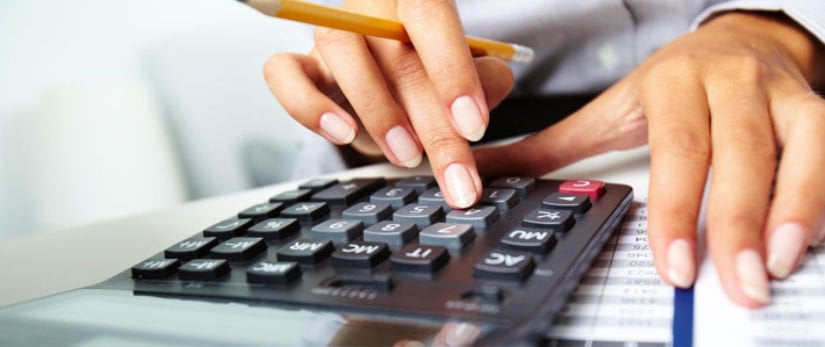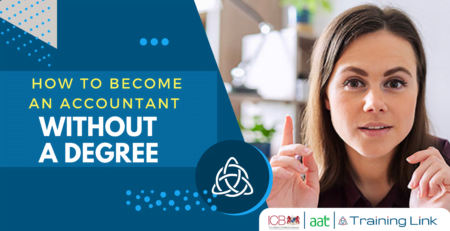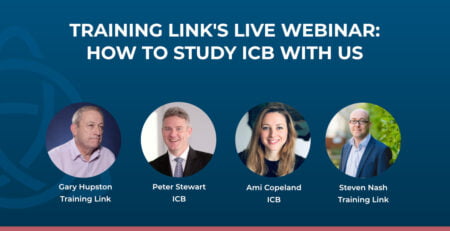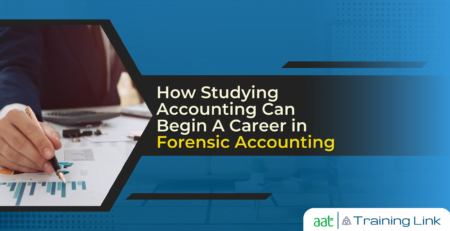What is a bookkeeper?
A bookkeeper’s role is to keep an accurate record of all of their client’s financial transactions. There is, quite rightly, an expectation that bookkeepers will work accurately and efficiently, and to have a good level of knowledge about all areas of finance. This would include, but is not limited to: accounts receivable (debtors), accounts payable (creditors), debits, credits, bank reconciliations plus much, much more. The amount of responsibility and the level of complexity involved in the role will largely depend on the size and structure of the client/business. However, there are several tasks that are routinely performed by the majority of bookkeepers, and these include:
- Sales ledgers
- Purchase ledgers
- General ledgers
- Journals
- Double entry bookkeeping
- Bank reconciliations
- Invoices
- VAT returns
- Financial statements
Training to become a Bookkeeper
“The best way to appreciate your job is to imagine yourself without one.” – Oscar Wilde
Sadly, for all too many people, there is no need to imagine it; they’re living it. None of us really know what the world is going to look like post COVID-19, but one thing you can rely on with absolute certainty – As long as there are businesses (sole traders, partnerships, Ltd companies, LLP’s etc.) and a working economy, there will always be a need for bookkeepers.
It is a legal requirement in the UK for every single business to maintain accurate financial records. Bookkeepers are a key component in supporting business owners to ensure that they abide by this legislation. Furthermore, a bookkeeping career is as close to being as recession proof as it’s possible to be. Regardless of whether the economic climate is good or bad, businesses must still follow the law and keep accurate records…and this is where you come in!
One of the great things about the bookkeeping profession is that almost anyone can train to become a bookkeeper, and at any point in their life. You don’t need a raft of qualifications under your belt, and you certainly don’t need to have loved maths at school! A logical mind and having the ability to follow processes are far more important.
That being said, you do need to possess at least a basic level of numerical skills to get started.
Qualifications
“A journey of a thousand miles begins with a single step” – Lao Tzu
Now, we’re not saying your learning journey will take you a thousand miles! It’s the single step that’s important.
In order to become a qualified bookkeeper you will need to undertake a certain amount of training and pass the corresponding examinations.
At Training Link, we are fully accredited to offer two professional bookkeeping routes. The professional bodies who offer qualifications in bookkeeping and related skills that we work with are the Institute of Certified Bookkeepers (ICB) and the Association of Accounting Technicians (AAT).
If you’re unsure which route is the best one for you, get in touch and we can talk you through the main differences.
How long will it take to get qualified?
The answer to this question will vary from person to person, so how long do you want it to take?! You are in complete control of your study hours, so depending on how many hours you can dedicate to your studies, it can take you from 6 months to 2 years; as long as you keep going, you will reach your goals!
There are plenty of people who manage to work through their course and pass all of their exams, even with a hectic work and family life, so don’t let this deter you.
Top Tips
Love what you do
A successful bookkeeper will be someone who is enthusiastic and loves their work. If you are methodical, logically minded, a good problem solver, and you don’t have an aversion to numbers, then this could be the career for you!
Be organised
There’s no getting away from it, there is likely to be a lot of paperwork involved in bookkeeping (physical and/or electronic). If your organisational skills aren’t up to scratch, then you will soon become very unpopular, particularly at year end!
In an average working day you will find yourself frequently responding to questions from clients and you need to be able to answer these questions accurately, promptly and professionally. This can only be done if you are well organised in your day-to-day.
Accuracy
Last, but possibly the most important!
As a bookkeeper, errors are your enemy. You must do all that you can to keep these at a minimum. Imagine the scenario – You need to enter a transaction for £2000, but instead you enter it as £20000. An error like this will mean that the data is inaccurate, which means that the financial reports will be inaccurate.
Paying supplier invoices incorrectly, invoicing customers the wrong amount; these all reflect very badly on your client. It would make them look unprofessional, and as a consequence, you will soon find yourself minus one client!
Everyone makes mistakes, and it would be unfair to expect absolute perfection 100% of the time, but recognising when an error has been made, and having the ability to correct it, is key, and also part of your learning.











